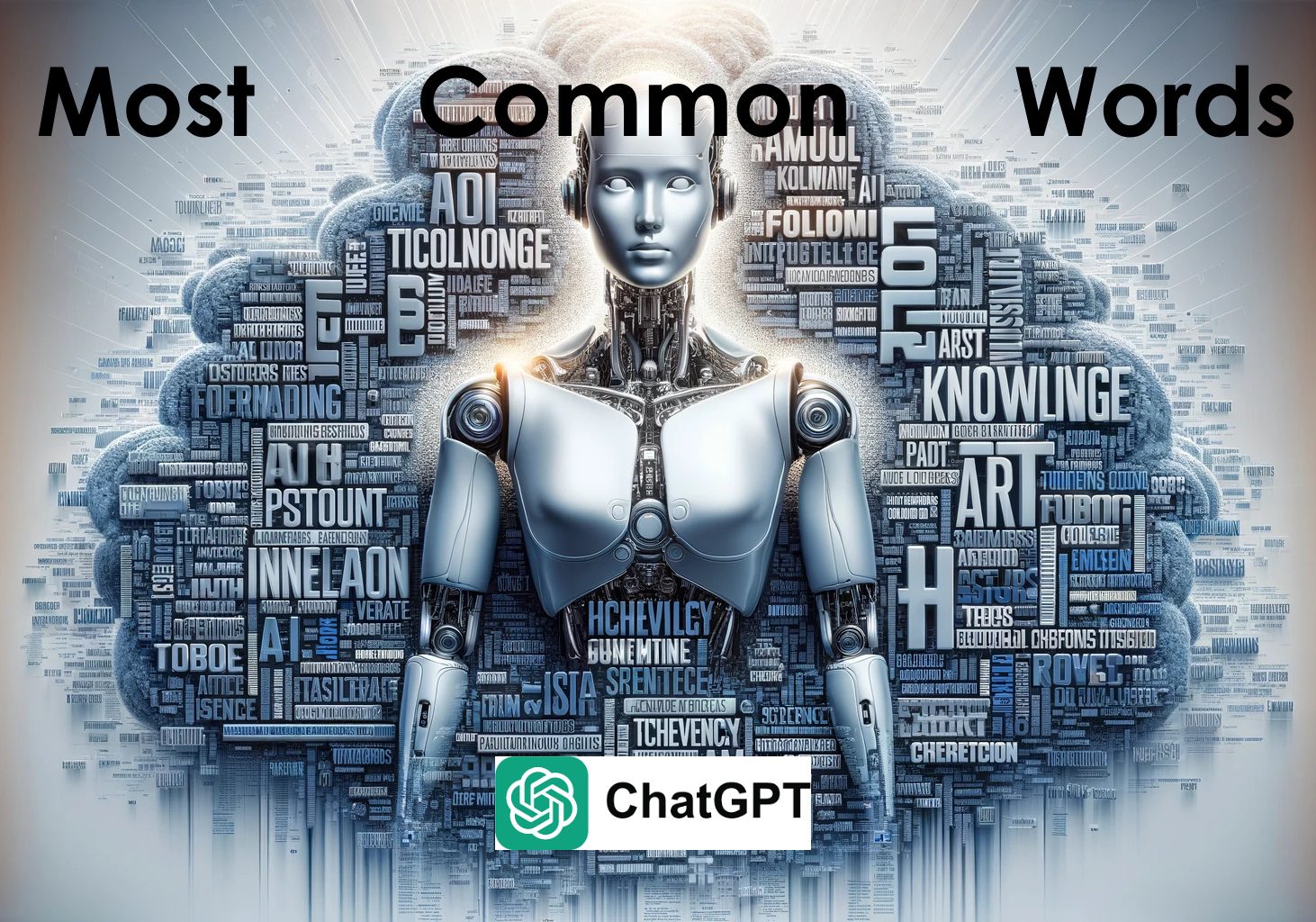Table Of Content
ChatGPT, the artificial intellect we have grown to love and depend on-be it homework helpers or buddies in brainstorming-vaunts a vocabulary that is both extensive and finely tuned, thanks to a painstakingly careful process that melds linguistic analysis with cutting-edge technology. In any case, ChatGPT does appear repetitive with some terms over others that are used in training the AI Detectors to recognize ai generated text.
ChatGPT Vocabulary
ChatGPT’s vocabulary is designed to be a very special set, with its origin tracing back to 245 different UTF-8 symbols that allow it to be expressive across languages and symbols with so much ease. This basic set consists of anything from the letters of the English alphabet all the way up to Chinese characters and even special symbols like “. But it is in the expansion of this vocabulary that the real magic of the model’s linguistic prowess lies.
To enrich its lexicon, OpenAI scraped and processed millions of web pages to extract the most common sets of characters. Most likely based on a gigantic corpus of content from links in posts to Reddit, that becomes the basis of ChatGPT’s knowledge of the terms used in the language. Because it constantly combined common character pairs to create new tokens, the model’s vocabulary mushroomed to 100,256 unique tokens, including terms, parts of words, and even popular combinations in programming languages.
So, how what to do to make ChatGPT generate text with a less repetitive vocabulary that doesn’t sound AI generated text and protect yourself against AI Detection solutions?
ChatGPT most commonly used words
Interestingly enough, the process also revealed phrases that it favors particularly, and which, therefore, make its output different from the human variety. For instance, it likes to use phrases that signal importance: “it is important to.”; uncertainty: “can vary depending on”; and options: “its also important to.” This characteristic style is a direct reflection of the data and human preferences it was trained on.
Which Words Does ChatGPT Use the Most?
| learn | dive | delve |
| discover | explore | landscape |
| realm | world | tapestry |
| digital | captivating | beacon |
| transforming | illustrious | revolutionizing |
| unwavering | unlock | conclusion |
| additionally | effortlessly | seamlessly |
| stands out | foray | leverage |
| elevate | explore | embrace |
| testament | dynamic | resonate |
The above insight into the common list of words and phrases used by ChatGPT is not an academic exercise. This tries to shed light on how the model might “think” and linguistic patterns it favors, offering a fascinating glimpse into the world of AI communication.
AI Detectors and Humanizers
Now, the interesting thing is that software houses have started building a category of tools that are designed to detect AI-written text through the identification of top repetitive AI-generated words for labeling human-created content and demoting AI-generated content from search engines, thus affecting your website’s SEO.
A secondary category of tools, named Humanizers, the do exactly the opposite: the take a text in input, they automatically remove the most commonly ChatGPT used words from it and ask back an LLM to paraphrase it to reduce the probability the text would be detected by an AI Detector tool.

In alternative to using an AI generated text Humaniser, in order to remove these words manually you can also ask ChatGPT to use synonyms in the prompt or simply get a old good thesaurus (a book of words and their synonyms) to find the right replacement to the words I recommended you to avoid.
The next time you have to do with ChatGPT or simply re-read a web page, you might wonder if it has been generated by a ChatGPT-based copywriting tool. You are really not talking to just a black box of algorithms; you are having a conversation with a system that has a unique linguistic identity shaped by its training. Whether it be writing advice, coding help, or just curious questions, one needs to keep in mind that he or she is navigating an expertly crafted maze of linguistic tokens, each crafted with an intricate probability structure dictating the likelihood of how every word should pop up and does so again and again and again.

